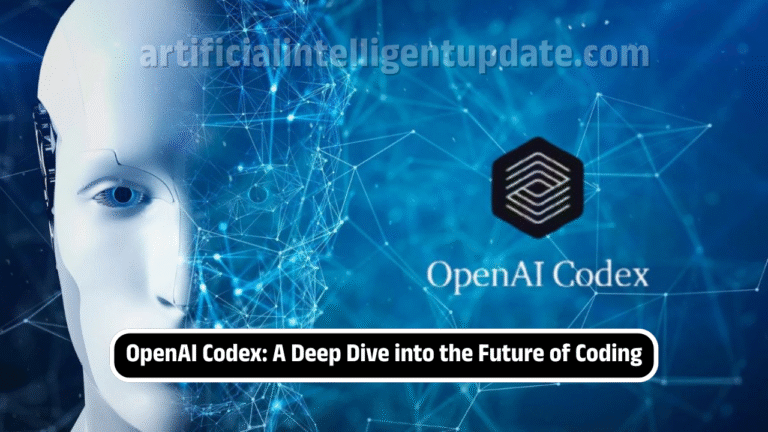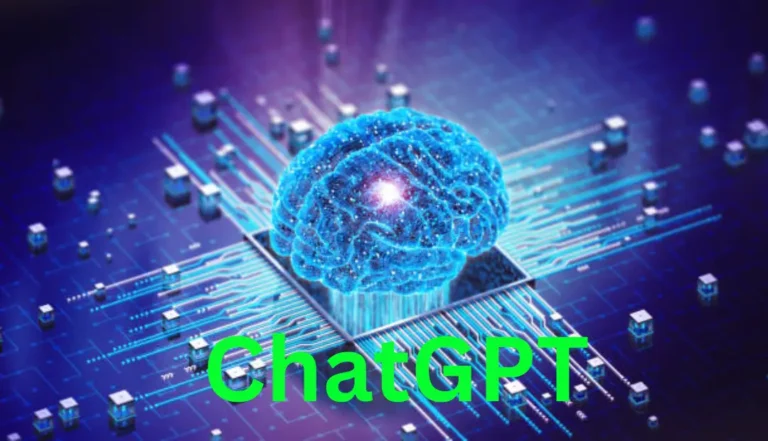OpenAI has officially launched the research preview of Codex, a cloud-based software engineering agent designed to handle multiple development tasks in parallel. This next-generation AI assistant is now rolling out to Pro, Enterprise, and Team users within the ChatGPT interface at chatgpt.com/codex, offering early access to a revolutionary toolset for software engineers, product developers, DevOps teams, and technical professionals.
This article dives deep into everything you need to know about the Codex research preview, including features, use cases, access availability, performance expectations, and why it represents a significant shift in the way AI can support software engineering workflows.
What is Codex? An Intelligent Cloud-Based Software Engineering Agent
Codex is OpenAI’s latest AI-based productivity tool — but this time, it goes beyond just generating code from prompts. It’s a cloud-hosted agent with the ability to perform complex software development tasks simultaneously, making it ideal for professionals looking to build, refactor, test, or deploy software in real time.
Unlike local AI tools or code assistants limited to single-threaded interactions, Codex is built for concurrency. It is capable of running multiple coding tasks in parallel, reducing turnaround time, improving efficiency, and making it easier for engineers to manage large projects or teams of tasks through a unified AI interface.
Key Features of Codex Research Preview
The research preview provides early adopters with a glimpse into how AI can evolve into a true engineering partner, not just a productivity booster. Here are the standout features of Codex:
1. Parallel Task Execution
Codex’s most powerful feature is the ability to work on multiple coding tasks concurrently. Whether it’s editing multiple files, generating code for multiple endpoints, or reviewing large codebases, Codex can handle it all at once.
2. Cloud-Native Intelligence
Built into the cloud, Codex doesn’t run locally. Instead, it harnesses OpenAI’s backend compute power to process heavy workloads without straining your machine. This makes it suitable for large-scale enterprise environments where distributed workflows are the norm.
3. Full ChatGPT Integration
Codex is embedded directly into the ChatGPT user interface, providing a seamless experience for developers who are already familiar with conversational prompting. You can now execute advanced software tasks without leaving your AI assistant.
4. Intelligent Task Management
Codex understands project structure, file dependencies, and development logic. It can manage tasks like:
- Writing boilerplate code
- Debugging and refactoring functions
- Generating API calls
- Testing multiple components
- Maintaining coding standards
5. Continuous Improvements from Research Preview
As a research preview, Codex is still evolving. OpenAI encourages feedback to improve the model’s capabilities, especially in areas like:
- Performance on large-scale projects
- Handling of asynchronous and event-driven code
- Understanding multi-language repositories
Who Can Access Codex Right Now?
As of the initial rollout, Codex is available to the following user tiers on ChatGPT:
- Pro Users
- Enterprise Users
- Team Users
This controlled release ensures that organizations and power users can put Codex to the test in real-world development environments, offering OpenAI valuable data and feedback for future enhancements.
Access is granted within the ChatGPT web interface at chatgpt.com/codex. Once enabled, users can interact with Codex similarly to ChatGPT but with enhanced development-focused capabilities.
How Codex Transforms Software Engineering Workflows
Codex isn’t just another code generator. It’s built to accelerate every stage of the software development lifecycle, offering real value to different members of a tech team.
For Software Engineers
- Automate repetitive coding tasks
- Get accurate code snippets for frameworks and languages
- Debug code with intelligent suggestions
- Write unit tests and documentation instantly
For DevOps Professionals
- Generate deployment scripts
- Automate cloud resource configuration (e.g., Terraform, Kubernetes YAML)
- Integrate monitoring tools via code
For Product Managers and Tech Leads
- Use Codex to prototype features
- Explore how tasks can be broken down into code components
- Reduce backlog by addressing simple tickets with AI-generated solutions
Potential Use Cases of Codex
Codex is not a general-purpose assistant—it is engineered specifically for software development at scale. Here’s how it can be used:
- Multi-file Refactoring: Improve code quality across entire modules simultaneously.
- API Development: Build and document RESTful APIs in multiple languages.
- Feature Expansion: Quickly scaffold out new application features.
- Legacy Code Maintenance: Understand and modernize older codebases.
- Automated Documentation: Generate project-level and function-level docs on the fly.
Its parallel tasking ability means you can work on feature development, documentation, testing, and debugging — all at once.
Security, Scalability, and Team Collaboration
Codex is designed with scalability and collaboration in mind. As part of OpenAI’s enterprise-grade infrastructure, it offers:
- Data privacy safeguards for enterprise clients
- Team collaboration features within the ChatGPT environment
- Scalability across large organizations and remote teams
Since it runs in the cloud, there are no installation hurdles, and it’s easy to onboard team members into shared sessions or collaborative AI-enhanced workflows.
What’s Next: Roadmap for Codex
While this is a research preview, OpenAI has indicated future expansions of Codex may include:
- IDE plugins for VS Code, JetBrains, etc.
- Integration with GitHub and GitLab workflows
- Custom model fine-tuning for enterprise use
- Advanced project memory and context retention
The goal is to develop Codex into a long-term co-developer assistant that can seamlessly integrate with your software stack.
Final Thoughts: Why Codex is a Game-Changer
Codex represents the next evolution in AI-assisted development — a scalable, intelligent, and multi-threaded agent that can understand your software project at a deeper level and contribute meaningfully in real time.
By rolling it out first to Pro, Enterprise, and Team users, OpenAI is ensuring that serious development teams can begin leveraging AI as an integral part of their coding and DevOps workflows. If you’re part of those tiers, you should explore Codex today and see how it can revolutionize your development process.
To get started, visit the official page: http://chatgpt.com/codex



